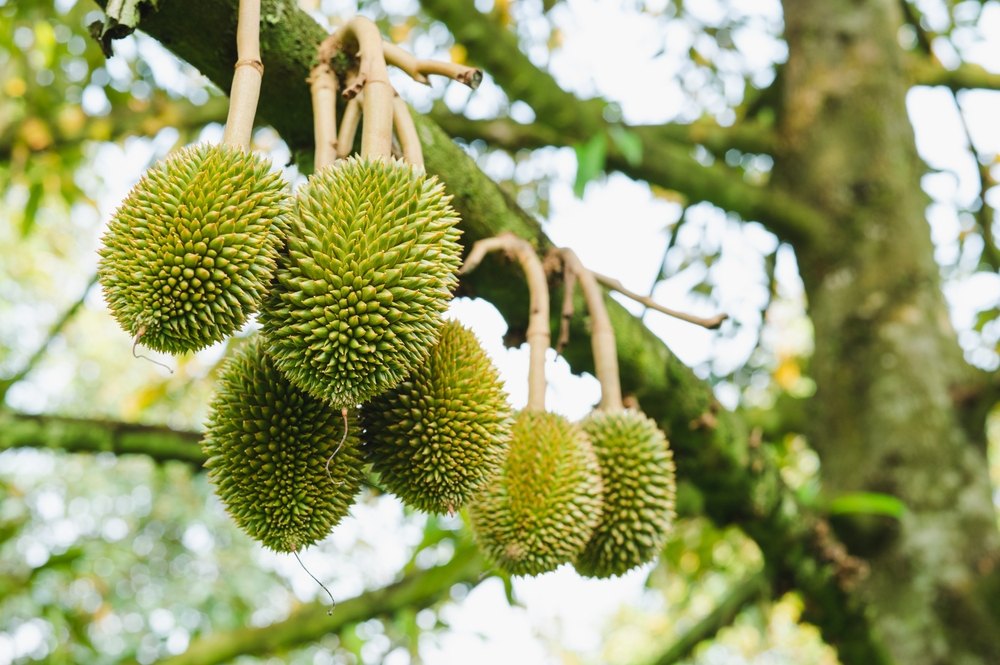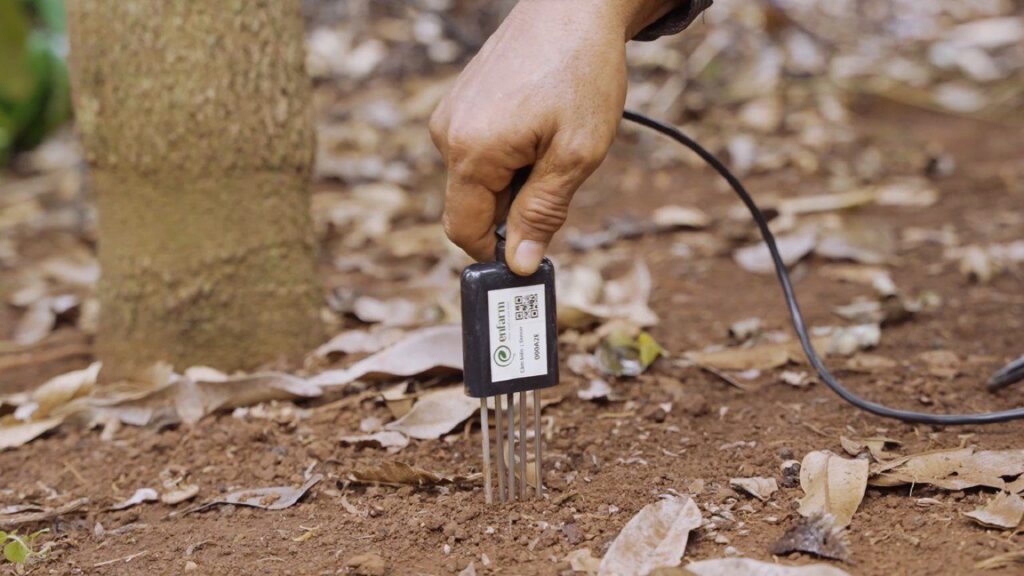The Risk of Cadmium – A Warning Not to Be Ignored
Durian is currently one of Vietnam’s key agricultural export products, especially to the Chinese market. However, since the end of 2024, China has officially tightened its regulations on cadmium control — a harmful heavy metal that can remain in the soil and be absorbed into crops.
According to the new regulations, 100% of durian export shipments must undergo cadmium testing. If even a single fruit is found to contain residues above the permissible threshold, the entire plantation code will be immediately suspended from export. This is a zero-tolerance policy, with no exceptions, and applies nationwide.
What is particularly concerning is that cadmium is not easy to detect without monitoring from the root level. Many farmers still do not fully recognize the severity of this risk, which may result in losing an entire harvest simply because the contamination was discovered too late.
Why Is Cadmium Dangerous?
Cadmium (Cd) is a heavy metal commonly found in soil due to environmental pollution, overuse of chemical fertilizers, poor-quality pesticides, or naturally occurring geological layers. Once present in the soil, cadmium can be absorbed by plant roots and accumulate in fruits — particularly in fruit trees such as durian.

High cadmium residues in fruit not only pose serious risks to consumer health but are also the leading cause of plantation zones being rejected for export, severely impacting the livelihoods and economy of entire farming communities.
Enfarm Introduces Root-Level Cadmium Control Solution
To help farmers proactively prevent risks and meet increasingly stringent export standards, Enfarm has launched the “Cadmium Risk Monitoring from Soil” program, integrated into its smart agricultural sensor ecosystem.
The program focuses on strict monitoring of soil quality — the primary source of cadmium absorption. By combining advanced sensor technology, soil sample analysis, and expert consultation, Enfarm supports growers to minimize risks right from the roots.

Key Benefits of Participation:
- Continuous Monitoring: Track pH, soil moisture, nutrient levels, and other indicators affecting cadmium absorption.
- Early Detection: Identify adverse conditions such as soil acidity and nutrient imbalance — key factors increasing cadmium risk.
- Real-Time Alerts & Expert Support: Receive direct notifications and agronomic advice from Enfarm engineers when abnormal signs are detected.
- Transparent Farm Management: Access complete soil quality data and farming records through the Enfarm app and Enfarm FM platform — aligned with traceability requirements for export.
- Optimized Costs & Higher Yields: Leverage accurate data for irrigation and fertilization decisions, reducing input costs while improving long-term productivity.
Implementation Process in Just 3 Simple Steps
- Standard Soil Sampling Guidance:
Enfarm provides detailed documents and video tutorials so farmers can easily collect soil samples directly in their fields. - Send Samples to Enfarm Office:
The soil samples are analyzed at Enfarm’s partner laboratory to measure cadmium levels along with pH, organic matter, and micronutrients. - Receive Analysis Results & Begin Continuous Monitoring:
Results are delivered through the Enfarm app. At the same time, the sensor system is connected to ensure ongoing soil monitoring thereafter.
Eligible Participants
- The program is free of charge for farmers who are already using Enfarm sensor devices.
- For households that have not yet installed the devices, Enfarm offers special incentive policies to ensure easy access and implementation.
For a sustainable agriculture, take proactive control of soil risks.
“Just one moment of complacency can cost you the entire harvest. Do not let your hard work, investment, and reputation disappear because of a fully preventable risk.”
Enfarm is committed to accompanying farmers on the path to building transparent, modern, and safe agriculture. Please contact us for consultation and to register for the program.nh.


